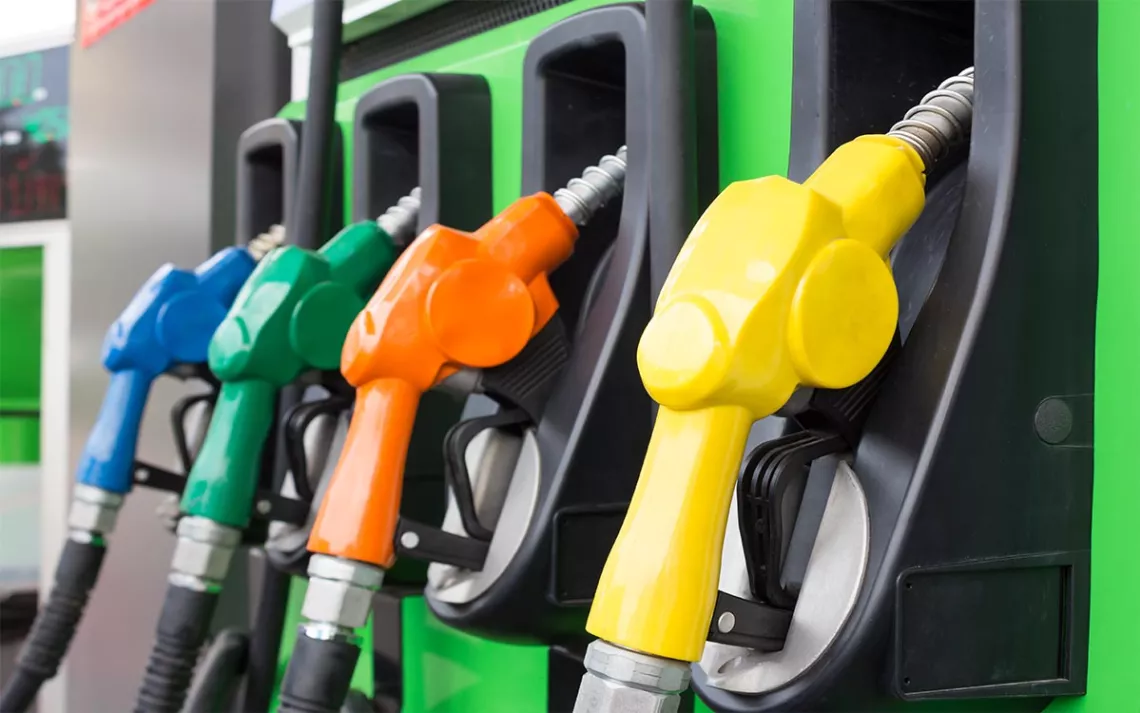Do Diesel Engines Produce Less CO2 Than Regular Engines?
Mr. Green emits the answer

Photo by amstockphoto/iStock
Hey Mr. Green,
I recently heard someone on the radio say that diesel engines, though they are well known to pollute via fumes, soot, etc., produce less carbon dioxide than gasoline engines. Is there any truth to it? And why does the trucking industry and heavy equipment for construction, etc., rely on diesel?
—Brian in Spring Branch, Texas
Diesel engines took a huge, disgraceful hit when Volkswagen was exposed for installing software on its vehicles designed to cheat emissions tests. But the fact remains that diesels are more efficient than gasoline engines—and according to one recent study, newer models are cleaner, except for their higher emissions of nitrogen oxides. This problem has led to heavily decreased sales of diesels in Europe, while some big cities such as Paris are now planning to ban diesels. Meanwhile, sales of all-electric and hybrid cars are rapidly increasing in Europe.
One reason diesel engines are used in trucks and heavy equipment is that they generate far more torque than their gasoline-fueled cousins, meaning that they simply push harder than gas engines. They use different kinds of ignition: A diesel does not use spark plugs; it causes diesel fuel to explode in its cylinders by compressing the air so tightly that it gets hot enough to ignite the fuel.
Diesel is also used in large trucks and other heavy equipment because total fuel costs for operating diesel engines are around 30 percent lower than for gasoline engines. A diesel engine can also usually run twice as long as a gasoline engine before demanding serious service. (Some Mercedes-Benz diesels have logged a whopping 900,000 miles.) Because diesels are more efficient, they do in fact emit less carbon dioxide than gasoline engines. Diesel fuel contains about 12 percent more energy per gallon than ordinary gasoline, and about 16 percent more energy than gasoline that contains ethanol.
In some respects, the newer diesel engines are actually cleaner than gasoline engines, and their visible emissions are less dangerous than the invisible ones sneaking out of gas engines, according to a new study published in Scientific Reports that was carried out by Canadian, European, and U.S. scientists. Unlike older diesel engines, the newer ones are equipped with diesel particle filters that trap most of that obnoxious particulate matter. However, the amount of nitrogen oxide emitted from diesels remains a problem.
 The Magazine of The Sierra Club
The Magazine of The Sierra Club



